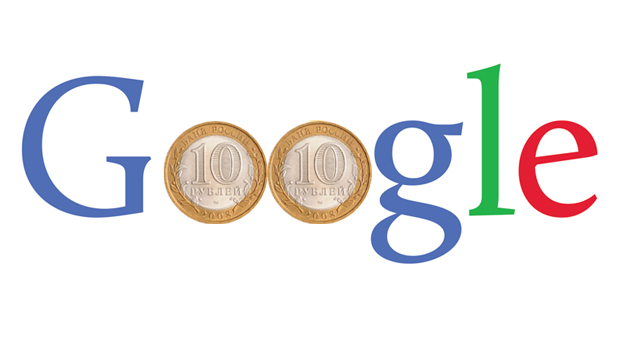VAT on domestic purchases
- Tutorial

Should a developer pay VAT on purchases inside a shareware application?
In the previous article on VAT for services in electronic form, we touched on the important topic of exemption from VAT on sales under license agreements. In this regard, the developers of free-to-play applications have a logical question about the need to pay VAT on the cost of purchases within such an application.
Consider the problem on the example of experience Mail.Ru Geyms
As an argument for charging VAT, a reference is usually made to the Mail.Ru Geyms case against the tax (case No. A40-91072 / 14-90-176 ). In the framework of this dispute, the tax authority proved that the applicant must pay VAT on the cost of services to ensure the gaming process, since the licensing agreement was concluded for the gratuitous provision of the right to use the games, and the additional payment was charged as part of the subsequent service agreements.
However, it is forgotten that subsequently Mail.Ru subsequently reformulated the terms of the license agreement and received a reply from the FTS about the admissibility of VAT exemption for in-game purchases under exactly the same factual circumstances of providing access to additional software functionality (seeLetter of the Federal Tax Service dated January 23, 2017 N SD-4-3 / 988 @ ).
Consider this question in relation to the spread of Russian developers of free-to-play applications through the platforms of Google and Apple.
The previous article described in detail the legal position according to which Apple and Google rightly refuse to accrue VAT on the implementation of rights to applications by Russian developers for Russian residents. In this case, the developers independently fulfill tax obligations in accordance with the requirements of Russian legislation.
With this in mind, there are two possible scenarios for the taxation of software sales by Russian developers:
1. In the case of the use of USN, Russian developers are, in principle, exempt from VAT. Therefore, it does not matter if you sell software licenses or related services: VAT does not arise.
2. If the developer applies the general taxation system, he should be guided by the norms of tax legislation that determine the procedure for calculating and paying VAT under normal conditions, regardless of the distribution channel of its software. That is, it does not matter if it was provided to a Russian software client through a foreign or Russian Internet site.
As you know, the implementation of software products through the platforms iTunes Apple and Google Play is carried out under a license agreement with the end user. Therefore, in the case of granting rights to use computer programs and databases under such licensing agreements, VAT is not payable.
On the basis of Article 1261 of the Civil Code of the Russian Federation, a computer program is presented in an objective form a set of data and commands intended for the operation of a computer and other computer devices in order to obtain a certain result, including the preparatory materials obtained during the development of a computer program and generated by it audiovisual display.
According to paragraph 2 of paragraph 2 of article 1260 of the Civil Code of the Russian Federation, the database is presented in an objective form a set of independent materials (articles, calculations, regulations, court decisions and other similar materials), systematized so that these materials can be found and processed by an electronic computer (computer).
Since software updates are carried out by providing the user with an objective set of data and commands (computer programs) or a set of independent materials (databases), the latter can be used on the basis of a license agreement.
Similarly, the additional functionality of the software may be the result of the user applying a combination of data and commands and / or materials provided under a license agreement.
With this in mind, subject to the licensing terms of the original software version and its subsequent updates and extensions, the implementation of the rights to software and databases under license agreements can be considered the object of implementation.
It is indicative that the provision of updates and additional functionalities are attributed by the legislator to the exercise of the right to use computer programs in the provision of services by a foreign organization in electronic form (paragraph 2 of article 174.2 of the RF Tax Code). That is, according to the logic of the legislator, these operations are carried out under licensing agreements.
Thus, the Russian developer for OSNO has 2 independent grounds for exempting the value of purchases within applications from the VAT, if they are issued in the form of granting rights to the software:
1. If the rights to the software are granted to a non-resident, the Russian developer is exempted from paying VAT on the amount of such implementation on the basis of paragraph 4 item 1.1. Art. 148 of the Tax Code of the Russian Federation (license implementation at the location of the buyer outside the territory of Russia);
2. If a license agreement for the use of software is concluded with a resident of Russia, a VAT exemption is applied on the basis of paragraphs.26 of paragraph 2 of Article 149 of the Tax Code of the Russian Federation.
As a result, we come to the conclusion that the well-thought-out formulations of an end user license agreement (see the example of Mail.ru) make it possible to avoid additional costs.
A detailed reasoning of the position, why Russian developers are not taxpayers of VAT under Article 174.2 of the Tax Code of the Russian Federation when selling software through foreign sites, see the following article.
A source
